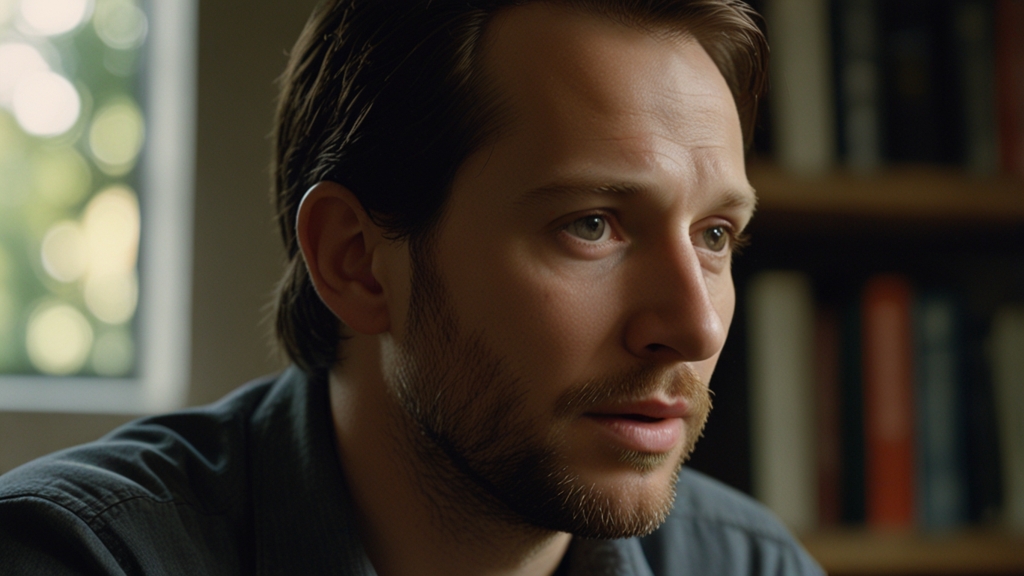The Fascinating Lives of Cold War Spies: True Stories of Intrigue
The Cold War era, spanning from the end of World War II in 1945 to the early 1990s, is synonymous with covert operations, espionage, and an intricate web of spies. This fraught period of geopolitical tension between the United States and the Soviet Union was characterized by an unwavering mutual suspicion. Hidden behind the Iron Curtain and shadowing the corridors of power in the West, spies played pivotal roles that could sway the balance of power. Their untold stories of courage, deceit, and sacrifice remain some of the most compelling chapters in modern history.
A World of Shadows and Deception
Spies during the Cold War were a unique breed, often leading double lives. Straddling the line between hero and villain, they operated under false identities, frequented dark alleys, and used encrypted communication methods. Each mission, painstakingly planned and fraught with danger, could disturb global peace or be a step towards a potential nuclear apocalypse.
One of the most legendary names in Cold War espionage is Klaus Fuchs. A valued physicist working on the Manhattan Project, Fuchs passed critical atomic secrets to the Soviet Union, earning the dubious distinction of having significantly contributed to the Soviets developing their atomic bomb. Fuchs' work illustrates the precarious balance and high stakes that defined the era.
Heroes in the Shadows
Amidst the decade-long standoff, some spies became notable for their valor and ingenuity. Consider Oleg Penkovsky, a high-ranking Soviet military intelligence officer who defied his own government. Penkovsky supplied the United States with invaluable information on Soviet missile capabilities, playing a crucial role during the Cuban Missile Crisis. His brave actions helped President Kennedy navigate one of the tensest moments in history and avoid a nuclear catastrophe.
"Penkovsky's intelligence was of such importance that it was used directly by President Kennedy in the critical moment of the Cuban Missile Crisis, thereby averting a nuclear war." - Former CIA operative.
Other unsung heroes, like Virginia Hall, showcased outstanding bravery and resourcefulness. Hall, an American spy, worked with the British Special Operations Executive and later the CIA. Dubbed "the most dangerous of all Allied spies" by the Gestapo, Hall operated with a prosthetic leg and carried out numerous missions in Nazi-occupied France, laying the groundwork for future espionage operations during the Cold War.
The Turbulent Lives of Double Agents
The world of Cold War espionage was also colored by the murky waters of double agents. The infamous Cambridge Five—a ring of British spies who defected to the Soviet Union—epitomized the complexity and duplicity of undercover work. Kim Philby, Anthony Blunt, Guy Burgess, Donald Maclean, and John Cairncross infiltrated the highest echelons of British intelligence, supplying the Soviets with critical insights and compromising numerous operations.
"Philby’s betrayal was a devastating blow to British intelligence and an enduring reminder of the constant double games played during the Cold War." - Intelligence historian.
Meanwhile, Aldrich Ames and Robert Hanssen, both American operatives, simultaneously duped their respective agencies, the CIA and FBI, while feeding classified information to the Soviets. Their betrayals underscored the risks and volatile nature of espionage, resulting in dire consequences for countless covert operations and operatives.
The Legacy of Cold War Espionage
The legacies left by Cold War spies are profound and multifaceted. These individuals, working in secrecy, shaped the course of history through their daring missions and clandestine efforts. The collapse of the Soviet Union marked the end of an era, but the intricate tales of these spies continue to fascinate. Their stories remind us of the extraordinary lengths people will go to for their countries, ideologies, and beliefs.
As the world continues to evolve, and new forms of espionage emerge in the digital age, the lessons and narratives from the Cold War's shadowy past remain as relevant as ever. The lives of these spies, filled with danger, deception, and occasional triumph, offer a glimpse into a world where the line between friend and foe was always blurred.






